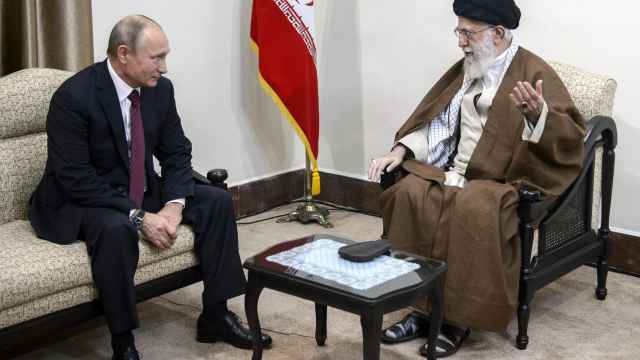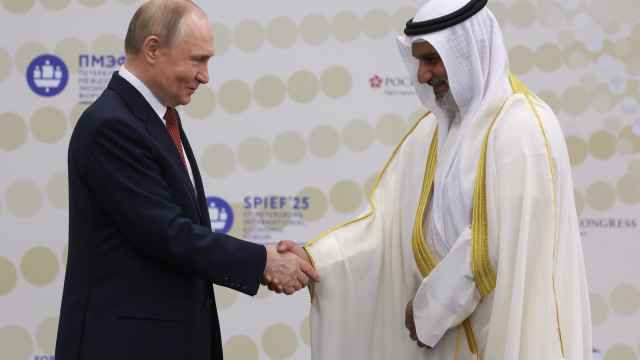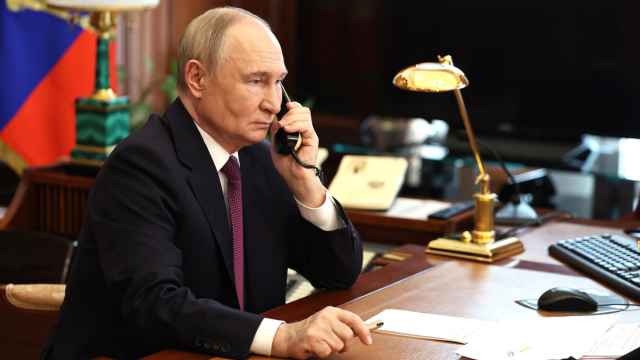Campaigners have accused Swedish furniture giant IKEA of using illegal Russian wood in a range of their products in a report published Thursday.
After a yearlong investigation into IKEA’s use of Russian wood, environmental NGO Earthsight claimed the retailer “sourced pine from a group of companies guilty of illegally logging some 4 million trees in the climate-critical forests of Siberia over the past decade.”
Earthsight said it was “beyond reasonable doubt that illegal wood has entered IKEA’s supply chain” as a result, with manufacturers in Indonesia, China and Russia having used the “suspect Siberian pine” to manufacture a range of children’s products sold in IKEA stores across Europe and the U.S.
The allegations refer to IKEA supplier ExportLes, a timber company based in Siberia and controlled by Irkutsk region politician Yevgeny Bakurov. Investigations by Russian authorities, as well as Earthsight, have uncovered a number of breaches in environmental and forestry laws by Bakurov’s companies, including illegal logging in protected forests.
IKEA denied wrongdoing and said it cut ties with Bakurov once the discrepancies came to light.
“Under no circumstances does Ikea accept illegally logged wood,” IKEA said in a statement sent to The Moscow Times.
The Swedish furniture manufacturer acknowledged it had historically sourced wood from “companies affiliated with Bakurov,” but said the supplies had been “formally authorized by the Russian forestry authorities” and were purchased “following correct legal procedures.”
It added that it had stopped working with a number of companies linked to Bakurov in March 2021 based on the results of investigations by Russian authorities into wrongdoing surrounding the logging permits issued to ExportLes which authorized the felling of trees.
Russia is IKEA’s second-largest source of wood, with the equivalent of around 1 million Russian trees being used to make IKEA furniture every year.
A Message from The Moscow Times:
Dear readers,
We are facing unprecedented challenges. Russia's Prosecutor General's Office has designated The Moscow Times as an "undesirable" organization, criminalizing our work and putting our staff at risk of prosecution. This follows our earlier unjust labeling as a "foreign agent."
These actions are direct attempts to silence independent journalism in Russia. The authorities claim our work "discredits the decisions of the Russian leadership." We see things differently: we strive to provide accurate, unbiased reporting on Russia.
We, the journalists of The Moscow Times, refuse to be silenced. But to continue our work, we need your help.
Your support, no matter how small, makes a world of difference. If you can, please support us monthly starting from just $2. It's quick to set up, and every contribution makes a significant impact.
By supporting The Moscow Times, you're defending open, independent journalism in the face of repression. Thank you for standing with us.
Remind me later.






